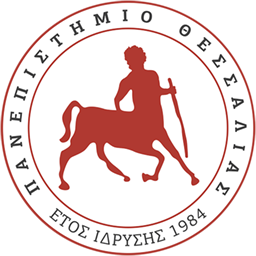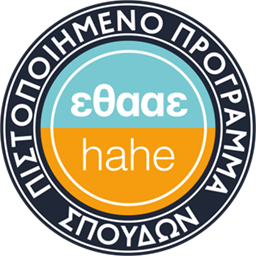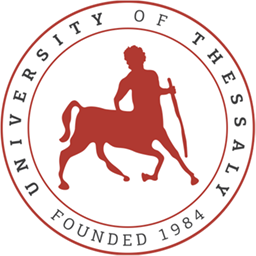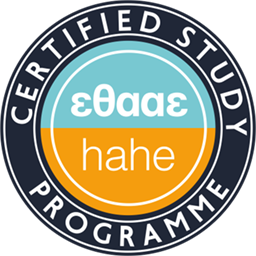Microbiology – Virology
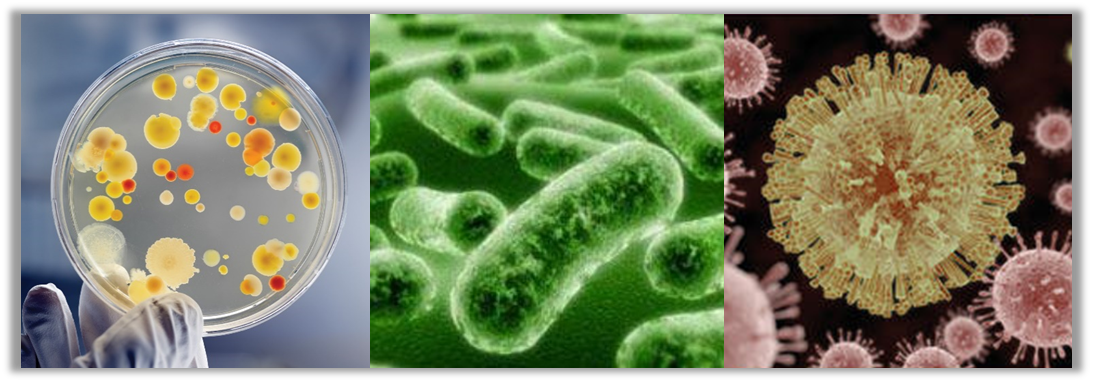
Theory: 4 hours/week | Practicals: 3 hours/week | ECTS Units: 6
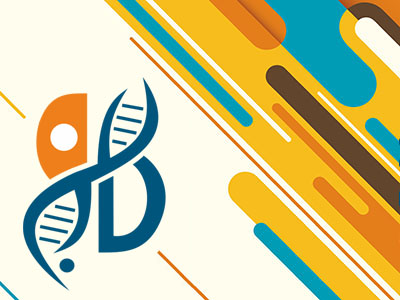
Content – Aim of the course
The course is designed to introduce fundamental principles and current trends in the field of Microbiology – Virology. This is accomplished by providing basic information in the form of lectures and demonstrations and present to students an overview of microbiology – virology that will help them appreciate the amazing microbial world and the important roles these organisms play in human health, medicine, pharmaceutical industry, food science, agriculture and biotechnology. This course aims to illustrate core concepts of microbiology such as: microbial cell structure and function, metabolism, microbial genetics, and the role of microorganisms in molecular biology, food and pharmaceutical industry, in human and animal diseases and other selected applied areas.
Analytical Description of the Course
- THE HISTORY OF MICROBIOLOGY.
- NUCLEIC ACIDS, PROTEINS, LIPIDS AND OTHER MACROMOLECULES.
- COMPOSITION AND ORGANIZATION OF THE PROKARYOTIC CELL.
- CELLULAR BIOLOGY OF PROKARYOTES.
- MICROBIAL DIVERSITY.
- ARCHEA.
- MOLECULAR AND CELLULAR PROCESSES INVOLVED IN METABOLISM AND BIOENERGETICS.
- MICROBIAL GROWTH.
- MICROBIAL GENETICS.
- GENETIC RECOMBINATION: TRANSFORMATION TRANSDUCTION AND CONJUGATION.
- APPLICATIONS OF GENETIC ENGINEERING IN BIOTECHNOLOGY.
- VIRUSES: MORPHOLOGY STRUCTURE, REPLICATION TAXONOMY.
- MICROORGANISMS AND BIOTECHNOLOGY.
Laboratory Techniques
- Biosafety guidelines in the Microbiology-Virology laboratory
- Culture media in Bacteriology. Aseptic techniques
- Microscopy. Staining of microorganisms.
- Gram staining
- Metabolism and biochemical tests for the identification of bacteria : fermentation of sugars, urea, protein hydrolysis, catalase etc. API 20E assay
- Extraction of RNA from cell cultures inoculated with enteroviruses
- Detection of enteroviruses by RT-PCR
- Restriction fragment length polymorphism , RFLP.
Assessment
Student performance is evaluated on the following : 50% on laboratory course written examination and 50% on the written examination of the theoretical course.
Reading Suggestions
- BROCK Biology of Microorganisms; Μadigan, Bender, Buckley, Sattley, Stahl; Pearson; 15th edition; 2017.
- Microbiology: An Introduction; Tortora, Funke, Case; Pearson; 13th edition; 2018.
- Jawetz, Melnick, & Adelberg’s Medical Microbiology; Riedel, Morse, Mietzner, Miller; McGraw-Hill Education; 28th edition, 2019.
Teaching Material / E-class
Lecturers
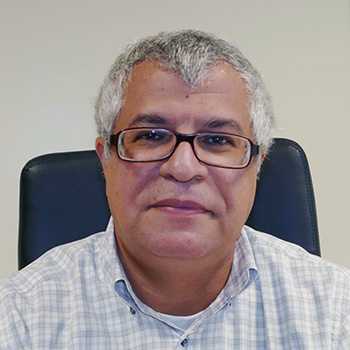
Dimitrios Mossialos (Course Coordinator)

